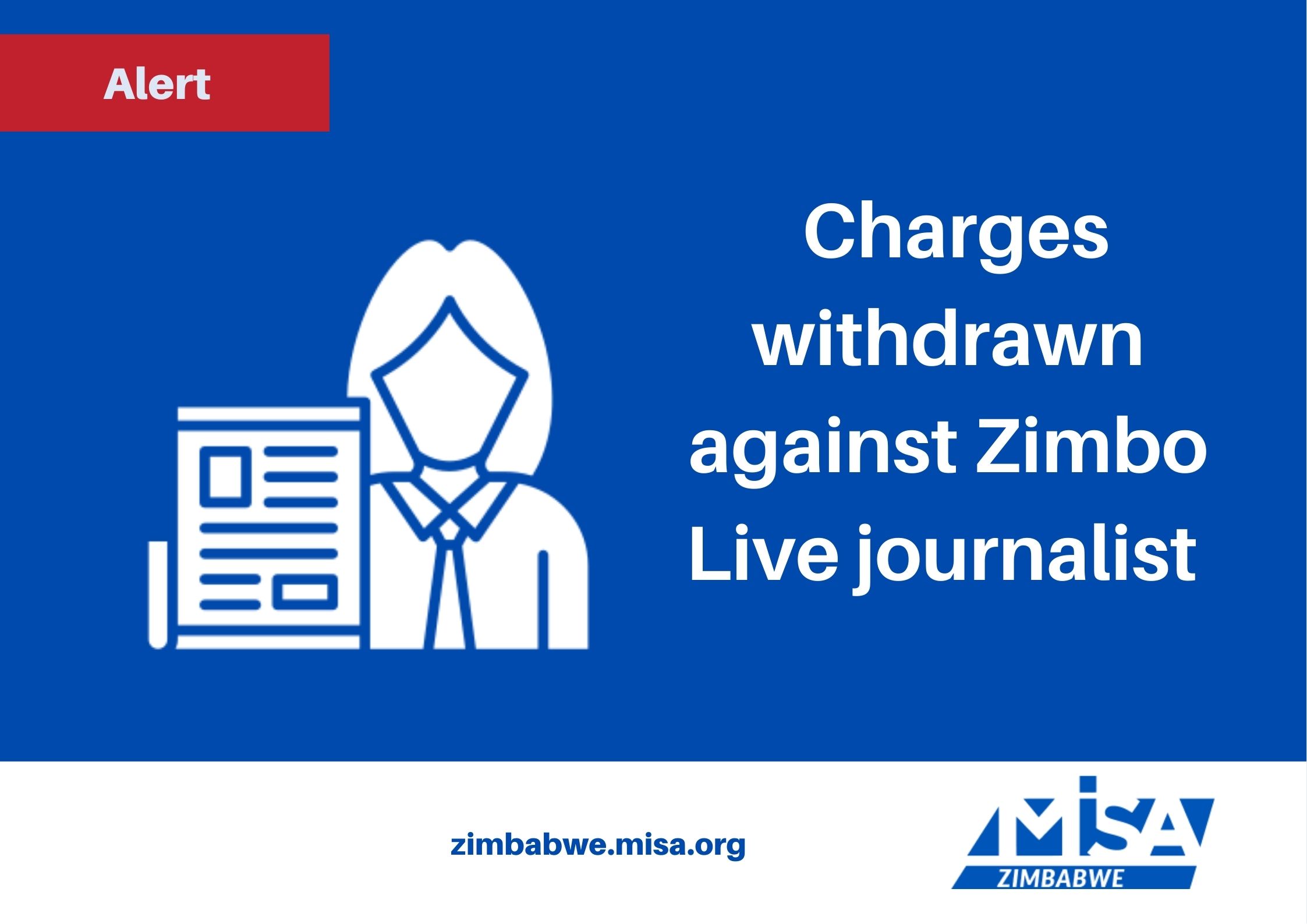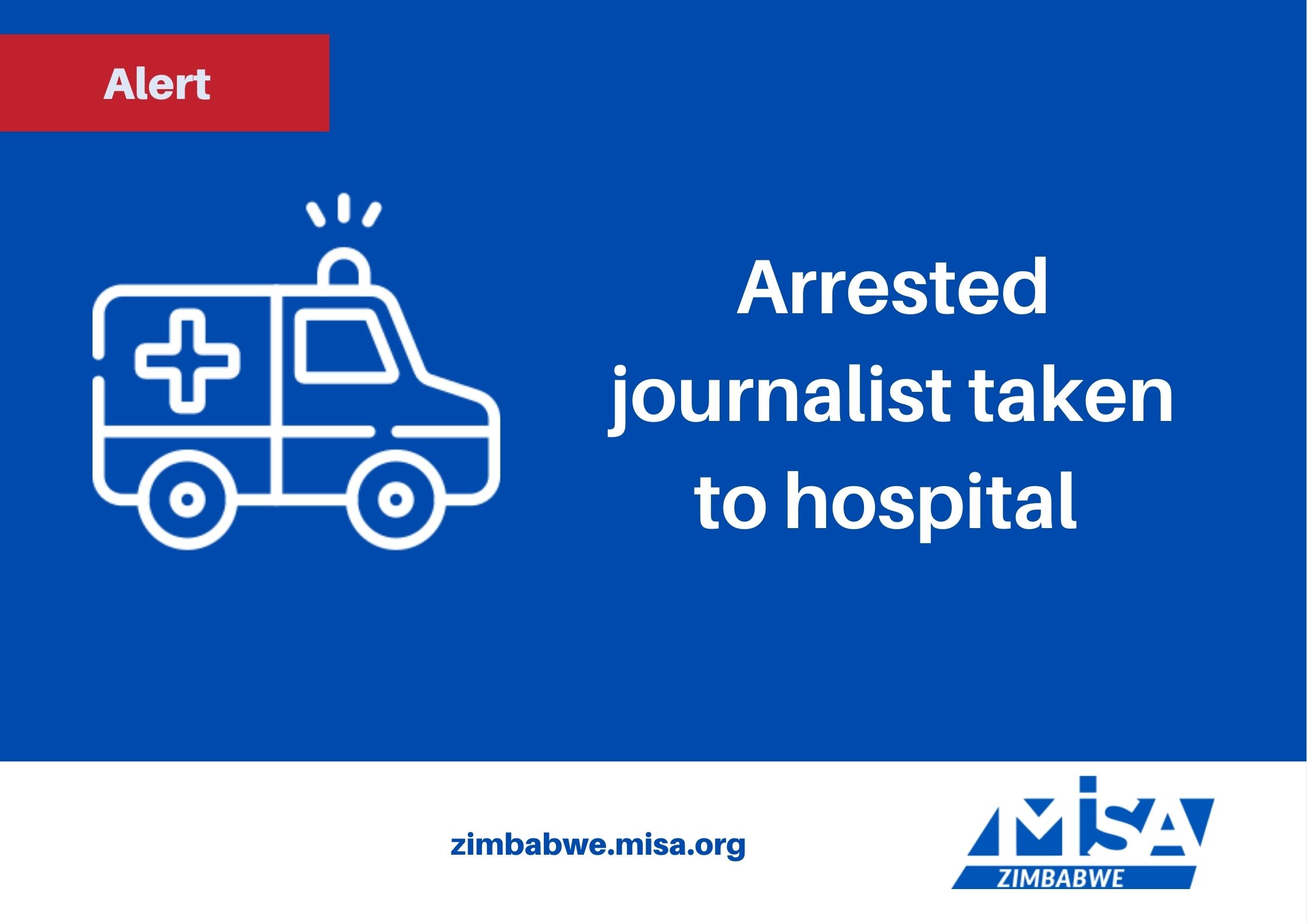A lack of resources is among the reasons that governments are not meeting regional and international standards in child rights protection, cited Gugulethu Ndebele, Executive Director of Save the Children South Africa at the recent Children and Media meeting.
Ndebele addressed media professionals, children and civil society representatives from southern Africa who convened in Pretoria on 2 and 3 July 2015, for MISA’s annual Children and Media meeting. The theme for the meeting was ‘investing in the rights of the child’, which took its cue from the March 2015 adoption of the United Nations Human Rights Council resolution on “Towards better investment in the rights of the child”. The resolution calls upon all States to ensure that national laws and policies are translated into “transparent, participatory and accountable budgets” for the promotion and protection of children’s rights.
Ndebele encouraged civil society to continue to advocate for children’s issues to be put prominently on the national development agenda of all countries.
Also speaking at the occasion, Carmel Gaillard, Head of Programmatic Affairs of the Regional Psychosocial Support Initiative (REPPSI), gave an overview of key psychosocial issues affecting children in southern Africa and noted that a challenge for children and parents is awareness of their rights and their capacity to access and assert those rights.
Zambia Daily Mail journalist Sitembile Siwawa provided insight into the role of the media in holding duty bearers accountable and reporting fairly and with knowledge on children’s rights. She noted that the media does not categorically report on national budget allocations and how these are applied to realize children’s rights.
Siwawa highlighted that journalists are missing many opportunities to diversify their reporting on children’s issues.
Participants concluded the meeting with several recommendations to address the challenges on reporting on children, suggesting thatcivil society organisations need to provide technical training for journalists to engage with children. The media too should create consistent and accessible platforms to engage children.
The participants completed country advocacy strategy exercises to prioritise country-based interventions to promote children’s rights. It was proposed that child rights advocates in Namibia should work to influence the national budget for implementation of the Child Care and Protection Bill; South Africa: influence education sector through training for teachers and recruiting retired teachers to write textbooks; Lesotho: advocate for the right to life, survival and development and freedom of expression; Zambia: advocate for the child’s right to access to information and the right to participation.













